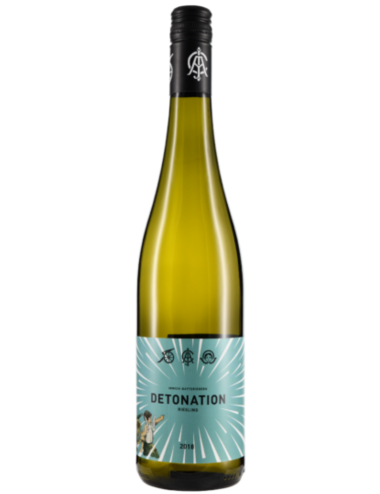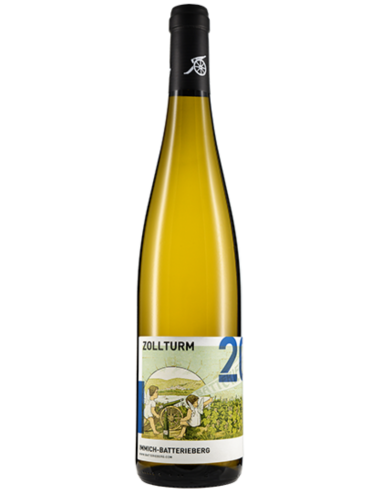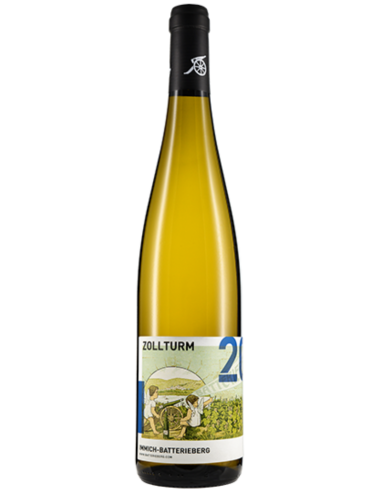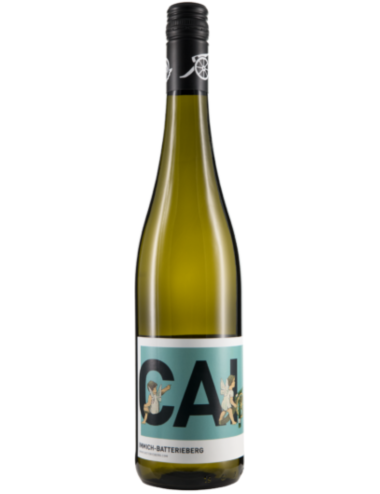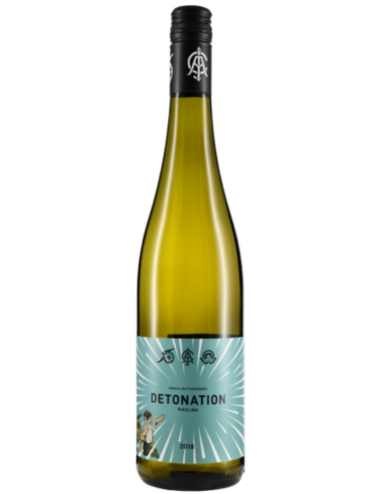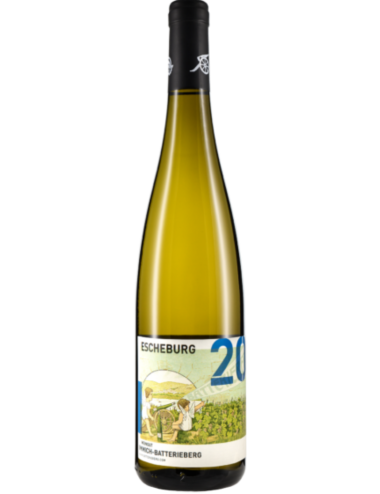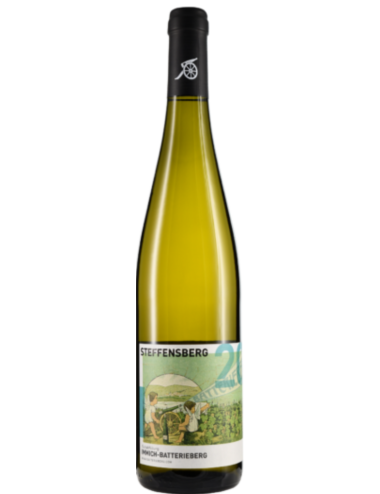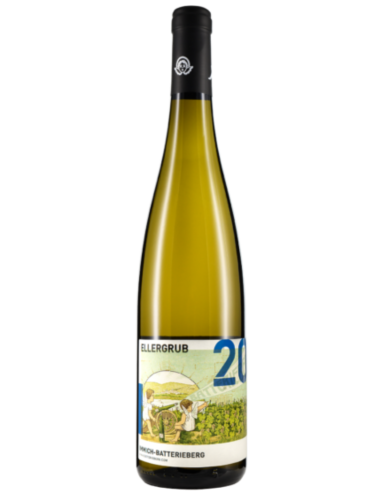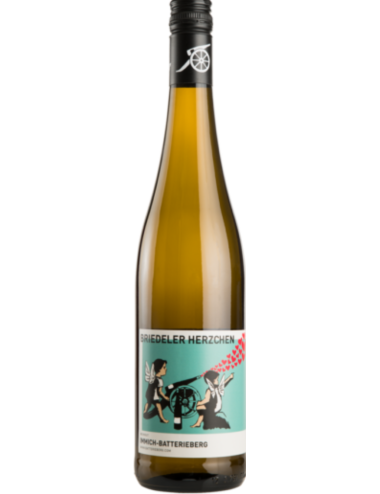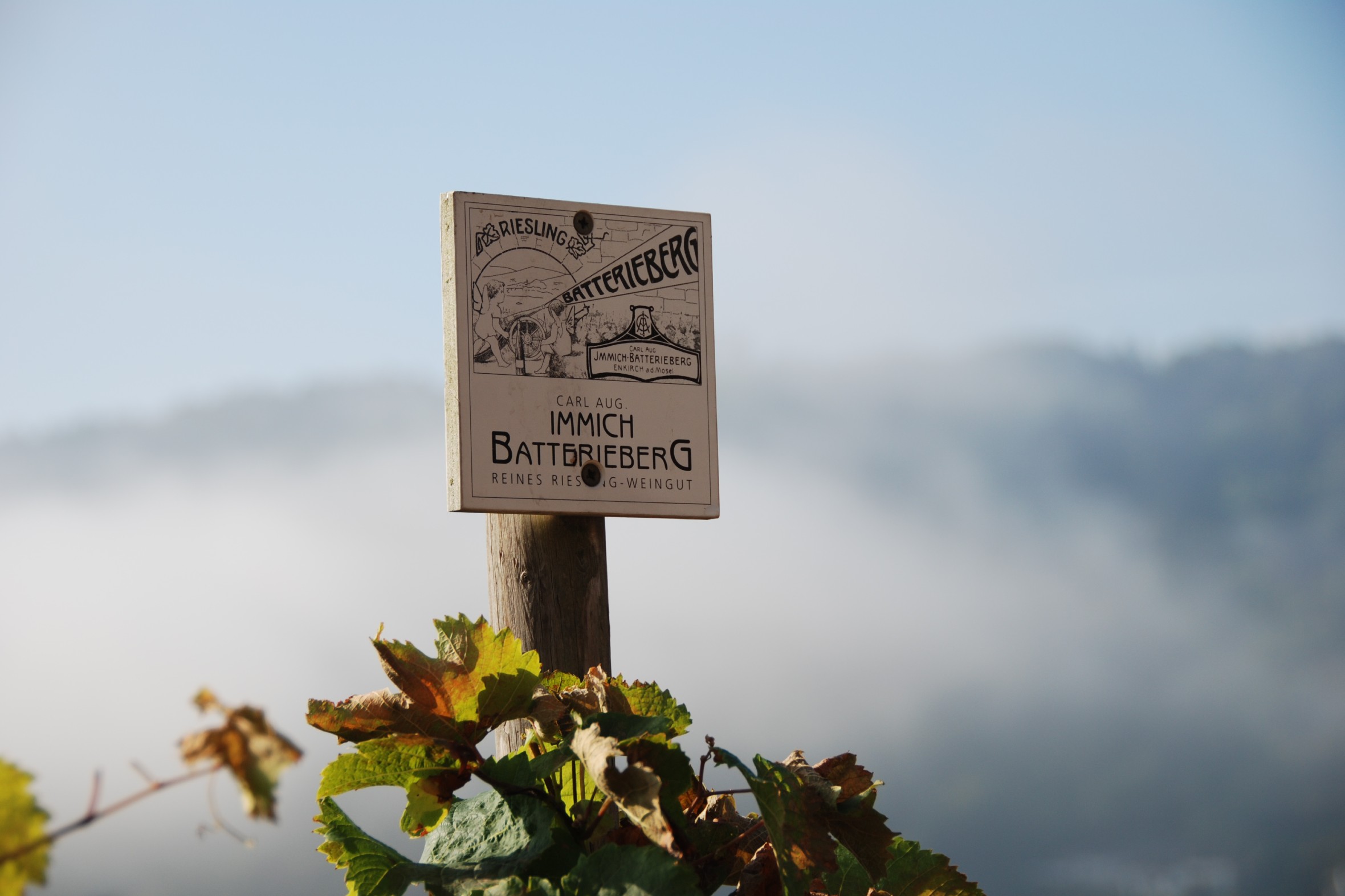

Wine estate Immich-Batterieberg in Enkirch on the Mosel
The winery Immich-Batterieberg in Enkirch is one of the oldest wineries in the Moselle. The first mention of the central part of the estate, which is still preserved today, dates back to 908 AD in a document of the last Carolingian king of East Francia, Ludwig IV, who confirmed a handover of the estate to the church.
-
-
-
Immich Batterieberg
Trabener Zollturm Riesling Spätlese (late harvest) 2018
 Riesling
Riesling
 Noble sweet
€ 35.00
Noble sweet
€ 35.00 -
-
-
-
-
-
No Product found in this category
No Product found in this category
No Product found in this category
No Product found in this category
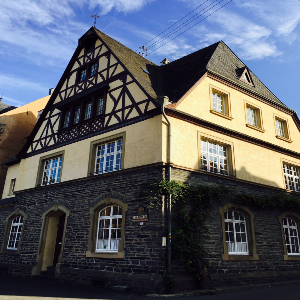
The roots of the estate date baci to the 9th. century
According to archaeological estimates, the base of the building probably dates from the second half of the 9th century. The basalt supporting column in the deep cellar, which was probably "recycled" from a neighbouring Roman estate, is also particularly noteworthy.In the 12th century, the estate was granted in fief to the princes of Esch, transformed and enlarged, and thus took on its present name of Escheburg. The right wing of the estate, the Franzhaus, was not built until the 16th century and the mansion, which today forms the left wing of the estate, was added at the beginning of the 20th century in a richly decorated Franco-Moselle style.
Read More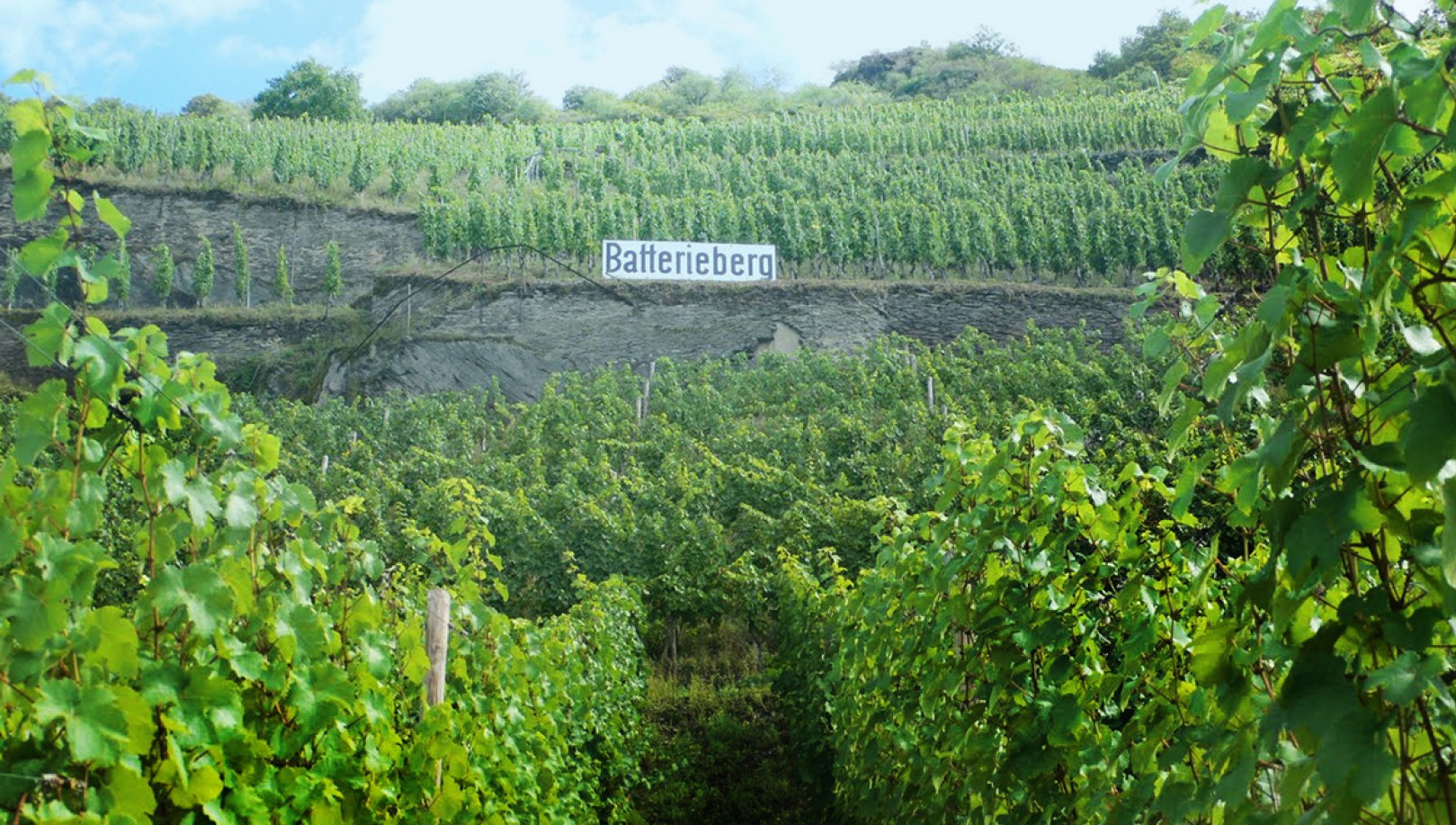
Steep slope vineyards around Enkirch on the river Mosel
Today, the winery cultivates about 13 hectares of vineyards in the steep slopes around Enkirch. The Immich family, which is one of the oldest winegrowing families on the Moselle with a winegrowing history from 1425 to 1989, had a decisive influence on the history and development of the winery. It is to this family that we owe our most famous vineyard, the Batterieberg, which was formed into one of the Moselle's top vineyards between 1841 and 1845 with countless blasting batteries (hence the somewhat unusual vineyard name) and today, together with the historically older top vineyards Steffensberg, Ellergrub and Zeppwingert - all steep slate vineyards that were classified in the highest class according to the "Prussian vineyard classification of 1868" (based on Napoleon's "Classification des Vines").
The team of the wine estate
Since 2009, Gernot Kollmann has been responsible for the management and vinification of the Immich-Batterieberg winery. He stands for a powerful, sometimes somewhat wild, unstyled Riesling style (pure-breeding yeasts are dispensed with in all wines), rather dry and generally not made for quick consumption. He is supported by Karl Höhlein and Stephan Hübner and Philipp Clementi. Today, this team cultivates the extreme steep slopes of the winery with passion and expertise.
Wine style for puristic top Riesling wines
With the new start of the Immich-Batterieberg winery from the 2009 vintage onwards, the aim was to build on the very high and style-forming quality level of the traditional estate. A very special challenge between the recognition of the great wines that were created here, the own viticultural and cellar management ideas and the respect for the natural conditions that define our Enkirch top sites. For the team, this means an even clearer focus on the dry Rieslings that have always been intensively cultivated here. Thus, the traditional estate stands for a very pure, straightforward and rather powerful Riesling style with ripe, moderate acidity and a pronounced structure for long-lasting ageing potential - and also a certain need for maturity, especially in the top wines.
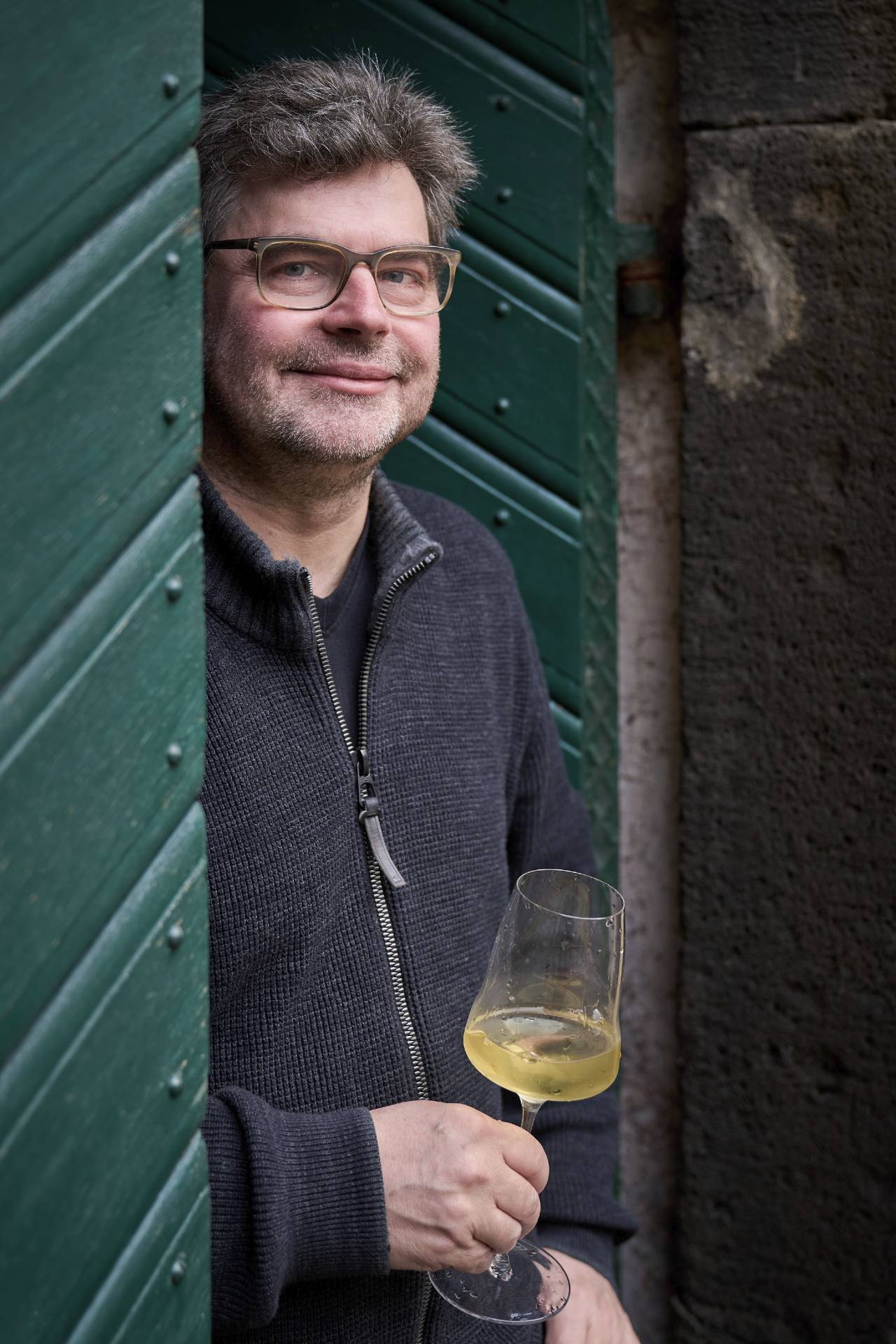
The vineyards of Immich-Batterieberg
Batterieberg
is a vineyard in the town of Enkirch, which is located in the Mosel wine region of Germany. The vineyard is known for producing high-quality Riesling wines that are typically characterized by their minerality, acidity, and fruitiness. The name "Batterieberg" is derived from the fact that the vineyard was once used as a military battery during the Napoleonic Wars. Today, Batterieberg is considered one of the top vineyards in the Mosel region and its wines are highly sought after by wine enthusiasts around the world.
Steffensberg
is another vineyard located in the town of Enkirch in the Mosel wine region of Germany. This vineyard is also known for producing high-quality Riesling wines that are characterized by their floral and fruity aromas, as well as their minerality and acidity. Steffensberg is situated on steep slopes that face south, which allows for optimal sun exposure and ripening of the grapes. The soil in this vineyard is a mix of slate, loam, and gravel, which contributes to the unique flavor profile of the wines produced there. Overall, Steffensberg is considered a top-quality vineyard in the Mosel region and its wines are highly regarded by wine critics and enthusiasts.
Zeppwingert
is another vineyard in the town of Enkirch in the Mosel wine region of Germany. This vineyard is also known for producing high-quality Riesling wines that are characterised by their crisp acidity, fruitiness and floral aromas. The soil in Zeppwingert is predominantly slate, which contributes to the mineral flavour profile of the wines produced there. The vineyard is situated on steep, south-facing slopes that allow for optimal sun exposure and ripening of the grapes.
Historic Label
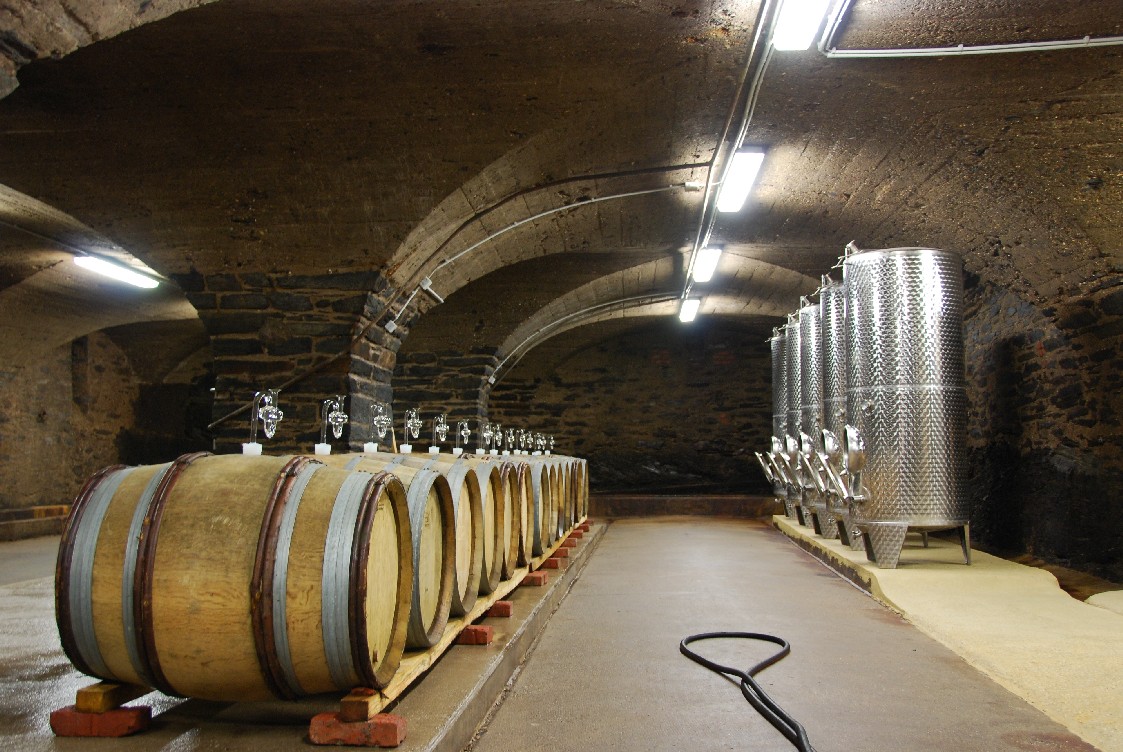
Wine assortment
Riesling
- off-dry
- dry
- Kabinett
- Selection (Auslese)
- Late harvest (Spätlese)
- Grand Cru (Grosses Gewächs)
Sparkling Wine
Rosé Pinot Noir
Rouge Pinot Noir
Vermouth
The typical character of the wines
For Gernot Kollmann, it is an adherence to traditional viticulture. In the Immich-Batterieberg vineyards, only Riesling is grown using traditional single-vineyard methods. The average age of the vines is 60 years and most of them are rooted. In contrast to leveling pure-breeding yeasts, Kollmann relies on spontaneous fermentation by wild yeasts. No enzymes, protein stabilizers or clarification aids are used, nor is concentration or deacidification. The result is Rieslings with a powerful, perhaps even somewhat wild, but definitely unaffected wine style.
While the Batterieberg and Zeppwingert produce herbaceous, powerful and concentrated Rieslings with decades of aging potential, the blue slate of the Ellergrub tends toward fine minerality and subtle finesse. The wines are essentially gastronomic, meaning that with maceration times and some residual sweetness, they aim for a three-dimensional, rich and deep mouthfeel that goes beyond that of most Mosel wines and so can quite deliberately accompany food. Tannins and bitterness are quite intentional here in appropriate doses.
Exclusively neutral barriques in various sizes and always 100 percent spontaneous fermentation are his firm rules. Therefore, the wines always have a certain wild and natural charisma, despite all the perfection of craftsmanship, they also do not ferment completely every year, but become as the year just gives - without any intervention.
Immich-Batterieberg should be understood as a producer of great terroir wines, which carry an incomparable balance and mineral power and are not entirely dissimilar in style to Clemens Busch or Daniel Vollenweider, who follow a similar line. But hardly any Mosel winemaker is as unyielding in implementation as Gernot Kollmann.
Awards from the press and wine guides
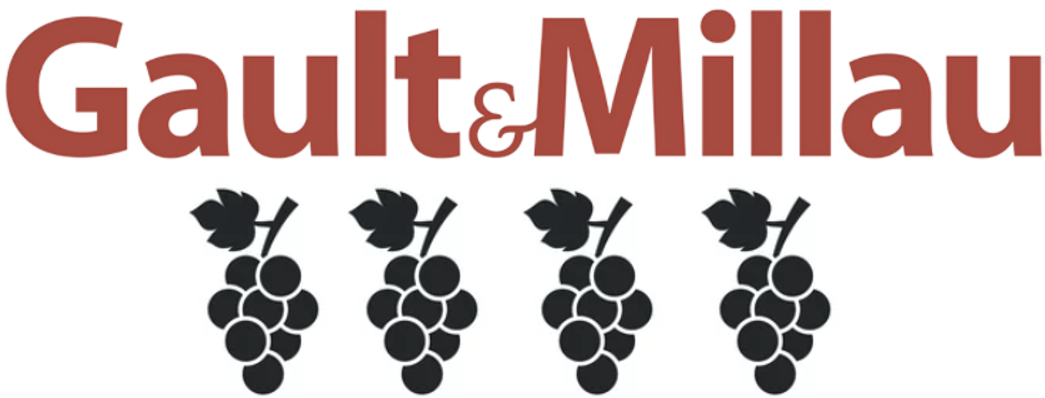
Wine guide Gault & Milllau
4 grapes - German top wine estate
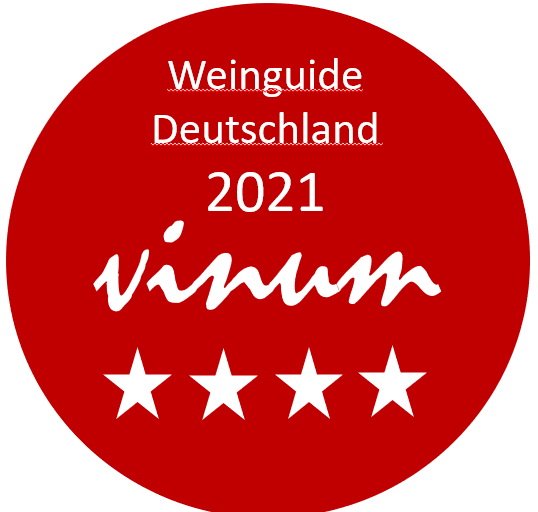
Wine guide Vinum 2022
4 stars - top wine estate known for continuous top performance












